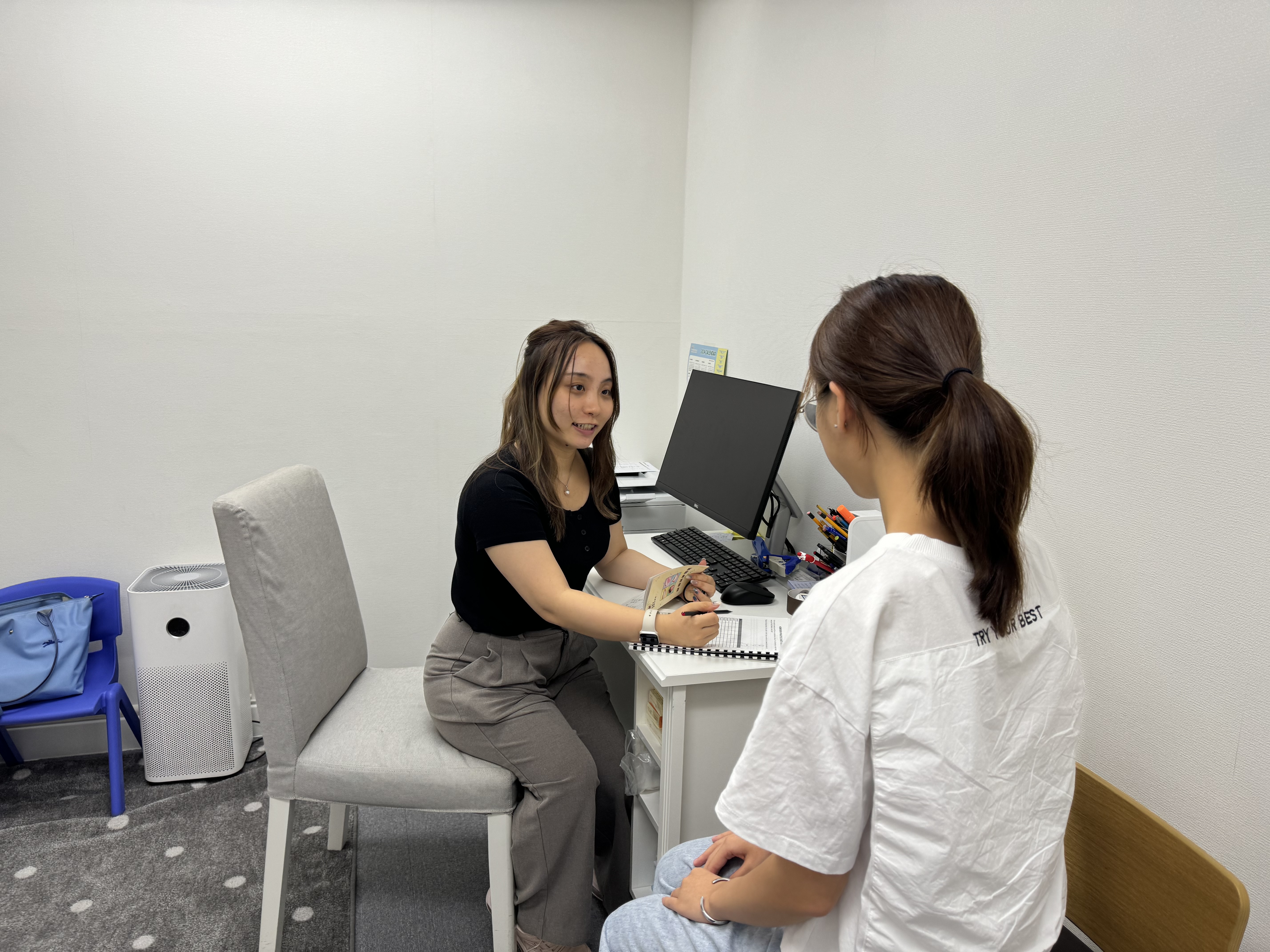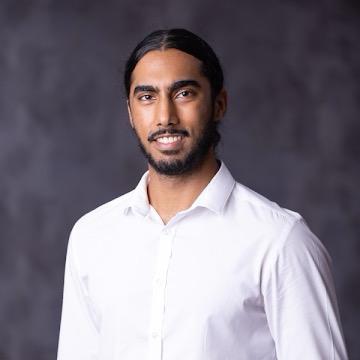- Language and Speech Assessment (Local)
- https://edgedc.org/assessments/language-assessment/
| Audience | Preschoolers, primary school students, high school students |
| Prelingual Skills | Prelingual skills refer to some basic skills that young children must have before speaking, including imitation ability, joint focus, pairing ability, symbolic thinking, communication desire, vocal ability, listening ability, etc. Speech therapists will use social games and musical interactive games (such as singing and playing, musical instrument ensemble, etc.) to help children gradually build up their prelingual abilities. |
| Language Understanding | School children usually understand language first, and then use language to express. Speech Therapist will set language comprehension training goals according to the developmental stage, language ability and communication needs of the students, including auditory concentration, auditory memory, following daily and classroom instructions, vocabulary comprehension, grammar comprehension, etc./p> |
| Language Expression | To effectively express their thoughts, students need to select precise vocabulary, and then organize them into meaningful sentences with correct grammar, and then compose sentences into paragraphs. The speech therapist will set language training goals according to the developmental stage, language ability and communication needs of the students, including strong vocabulary use, sentence organization, grammar use, descriptive skills, narrative skills, summarizing skills, etc. |
| Social Language Use | Language is the medium of communication. In addition to learning grammar and semantics, students also need to learn to use language to express themselves in different social situations and to exert different communication functions, including expressing requests, expressing refusal, asking questions, clarifying, commenting, seeking assistance, explanation, etc. The speech Therapist will set social language use training goals according to the developmental stage and communication ability of the students, including improving basic daily communication, conversation, group discussion, speech, interviewing and other skills. |
| Precise Articulation | There are many causes of dysarthria, including weak oral muscle coordination, hearing impairment, congenital structural abnormalities of speech organs (cleft lip and palate), nervous system problems, delayed speech development, etc. Speech therapists will identify problems with pronunciation in schoolchildren, and then improve pronunciation according to the cause. |
| Oral Muscle Function | Some pronunciation or eating problems of students stem from oral muscle weakness (e.g. instability of the palatine bone, inadequate tongue mobility, and a lack of independent mobility of the palatine bone and tongue). Speech therapists will use different oral motor exercises to help students to improve their oral muscle function, reducing pronunciation or eating problems. |
| The Use of Voice | Speech therapists help schoolchildren get rid of bad habits that damage their vocal cords (such as speaking too loudly, and improper vocalization methods), and then establish good vocalization habits (such as using correct breathing methods, adjusting the volume of speech) to avoid schoolchildren’s voice problems further deterioration. When necessary, the speech therapist will refer the student to an ENT doctor for further examination and follow-up. |
| Speaking Fluency | The causes of stuttering may be a lack of language ability, speaking too hastily, muscle coordination problems, psychological disorders, etc. Speech therapists will first find the cause of stuttering, and then solve the problem according to the cause to improve speaking fluency. |
| Note | It is recommended that parents attend the training together The therapist will use Cantonese, English or Mandarin to carry out training according to the child’s language background and needs |
| Target | Students with language ability of their age (native language being Cantonese) |
| Goal | Help students to further improve their native language proficiency through Zoom, lay down a foundation for learning a second language |
| Details | Age group 4-6: Focuses on training students' Cantonese expression, comprehension and thinking skills through training their self-introduction, story listening, storytelling and problem-solving skills etc. Age group 7-9: Focuses on training listening skills, vocabulary usage, narrative skills, thinking and problem-solving skills etc. through using interesting games and activities, helping students to maintain their Chinese language foundation easily Age group above 10: Interesting and interactive activities such as reading detective stories, reading comics, competitions and games will be used. Even if students are overseas, they can still expand their vocabulary and Chinese reading skills through Zoom |
| Training mode | Individual training through Zoom |
| Note | Could arrange the training according to the time zone students live in It is recommended that parents attend the training together to assist students with home training The therapist can use Cantonese, English or Mandarin to carry out training |
| We believe that professional knowledge should be available to the general public. Therefore, our professional team will regularly hold talks for parents and teachers and provide in-service training for different organizations. The training related to speech therapy includes but is not limited to the following: |
|---|
In addition, therapists could provide individualized training courses for organizations, companies or schools, welcome to contact us. |
Please fill in the Service Enquiry Form /call us at 5539 6773 / Whatsapp 5539 6773 , or email to [email protected] with your name, contact number, main concerns and specify Speech Therapy Services.

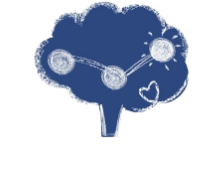

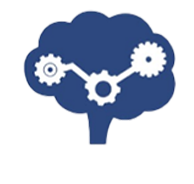
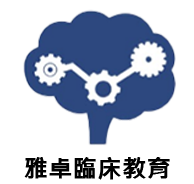

 Contact Us
Contact Us





